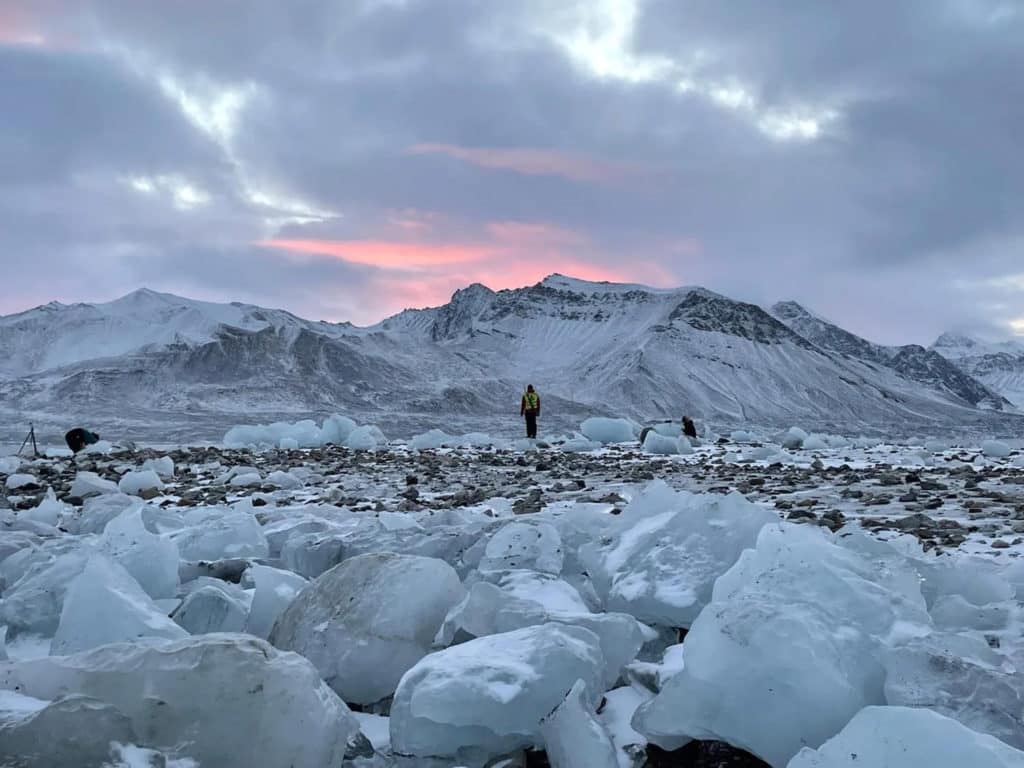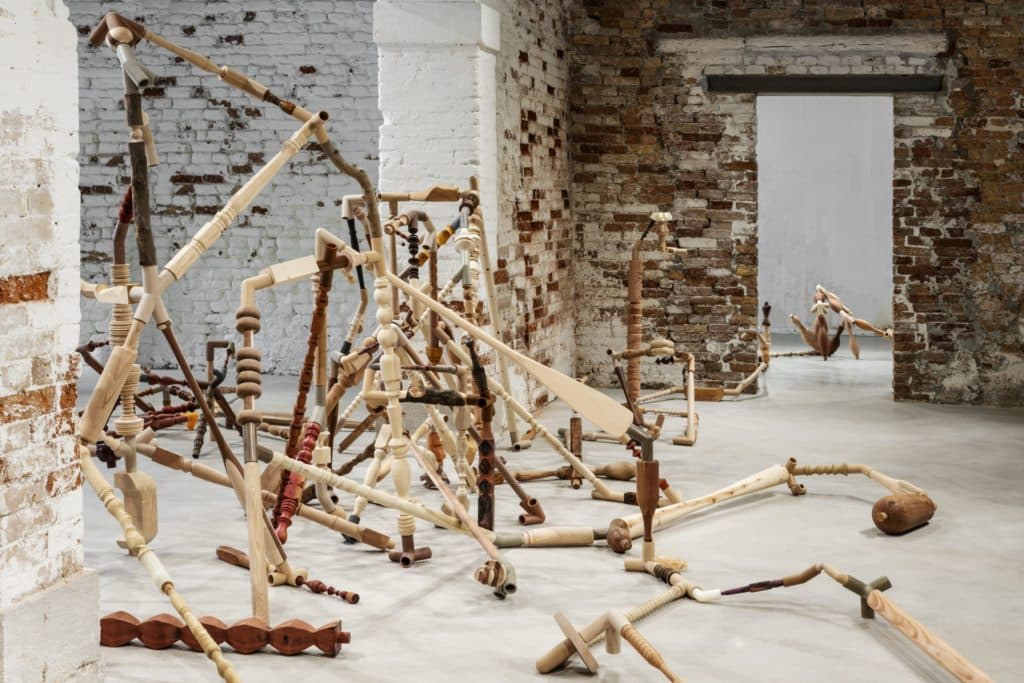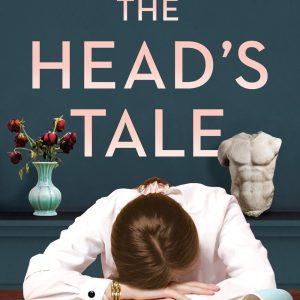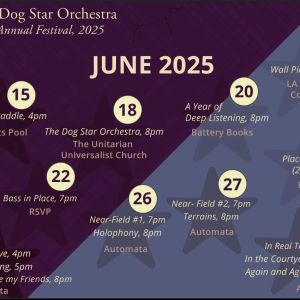Last month, Sculpture magazine published an article featuring artist and School of Art faculty Shirley Tse and collaborator Jinseok Choi (Art MFA 18). Conducted by Steven Lam, dean of the School of Art, the interview delves into pedagogy, care, and regeneration in artistic practice; AAPI racialization and resistance; and questions of agency, hope, and uncertainty.
Lam opened the conversation by asking Tse and Choi how issues of sustainability affect their current sculpture-making practices. Tse pointed to her recent exhibitions Lompoc Stories and Portal, Virus, Arctic, and Sustainability, a new CalArts sculpture seminar taught by Tse discussing the various ways of figuring out “what a sculptural practice looks like when it is sustainable for our ecosystem, finances, and mental health.” For Lompoc Stories, Tse imposed a rule to minimize her role as a consumer: no new store-bought materials could be used. The work was created with objects already in the studio or found things.
More about Lompoc Stories from Tse:
“Spacesuit was born out of a walk in the nature reserve near my house. I saw this shiny thing sticking out of the ground. I was stunned to recognize it as a snake molt, and it seemed to urge me to take it back to the studio. Six months later, I was researching the conversion of Vandenberg Air Force Base to Vandenberg Space Force Base, where satellite launches and reconnaissance have become the specialty. From my living room windows, I can often see the vapor trails of rockets, and they look like snakes. That was the moment when I felt the snake left its skin behind to collaborate with me to make a piece about the sky above it. Long fiber optic strands that I had kept in my studio for a number of years came to my aid. I think this unlikely coupling was made possible by the limitation that I set for myself.”
The conversation expanded to include Choi’s perspective on the concept of “making” in the context of sculpture, focusing on the value of deliberate, slow decision-making processes that create moments in which complex physical interactions arise.

The discussion also touches on the themes of rest, resistance, and regeneration in Tse’s recent projects, highlighting the shift from extractive individualism to a focus on community actions. In 2023, Tse participated in the Arctic Circle Residency in Svalbard with her project “In Search of Zero Impact Sculpture.” During the residency, she put on hold the act of shaping physical things and instead turned towards shaping relations. “Putting physical things on hold might seem like ‘doing nothing,’” responded Choi. “But you were actually generating social and community actions, which should be considered more valuable than they usually are.”
The conversation ends with reflections on teaching and the influence of Tse’s work on Choi’s perspective as an artist, emphasizing the importance of defining one’s notion of sustainability in a creative practice, and fostering alternative structures in art education that prioritize sustainability.
Read the full interview at Sculpture.




